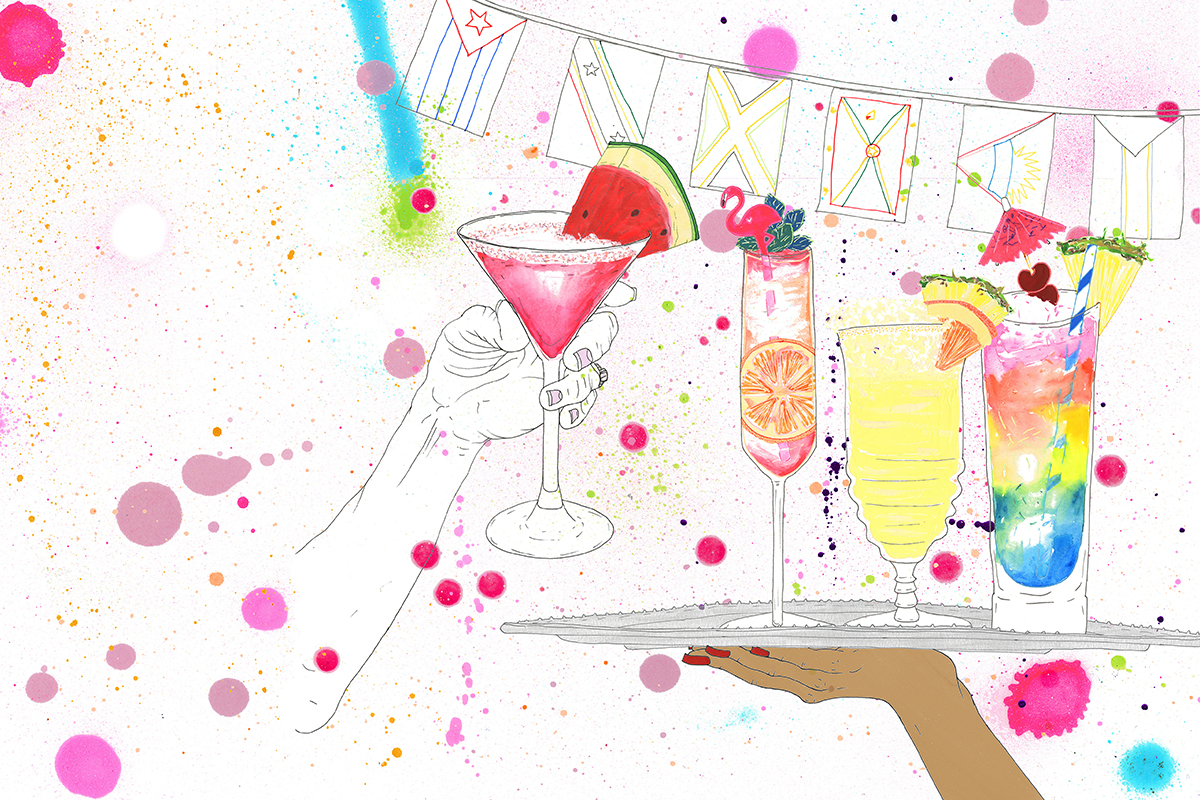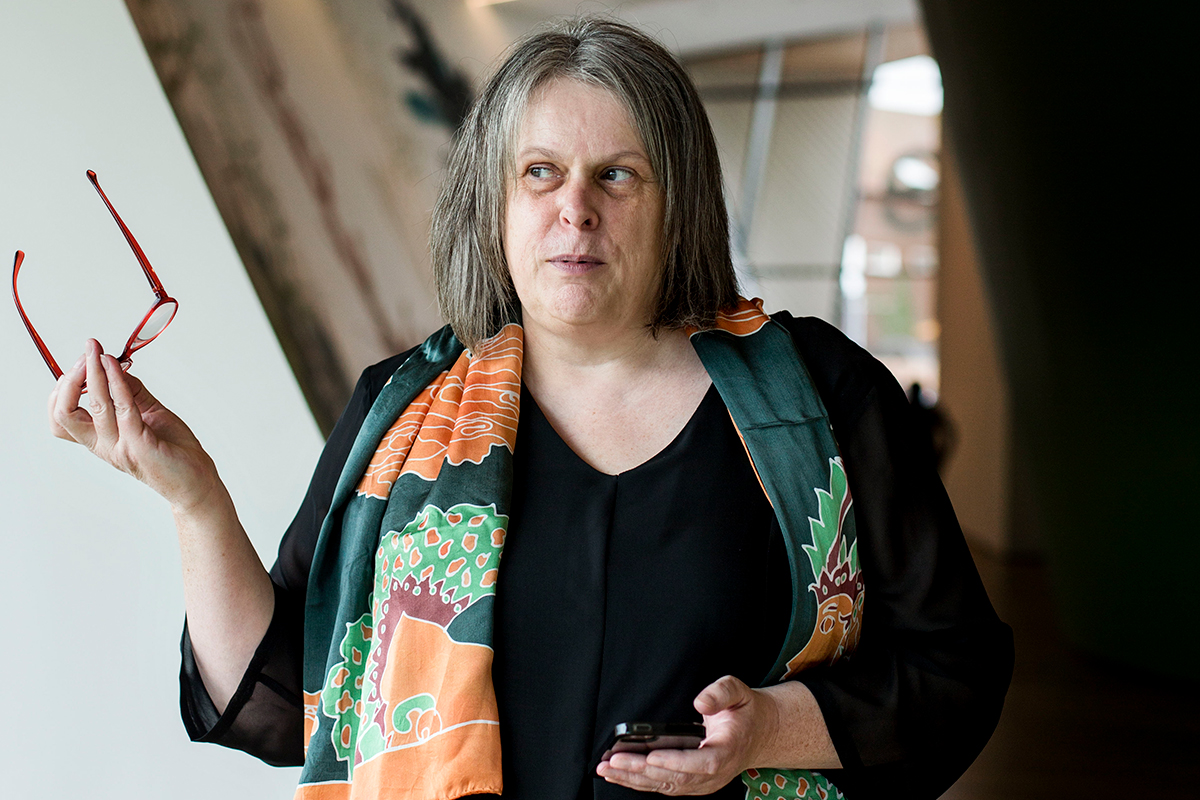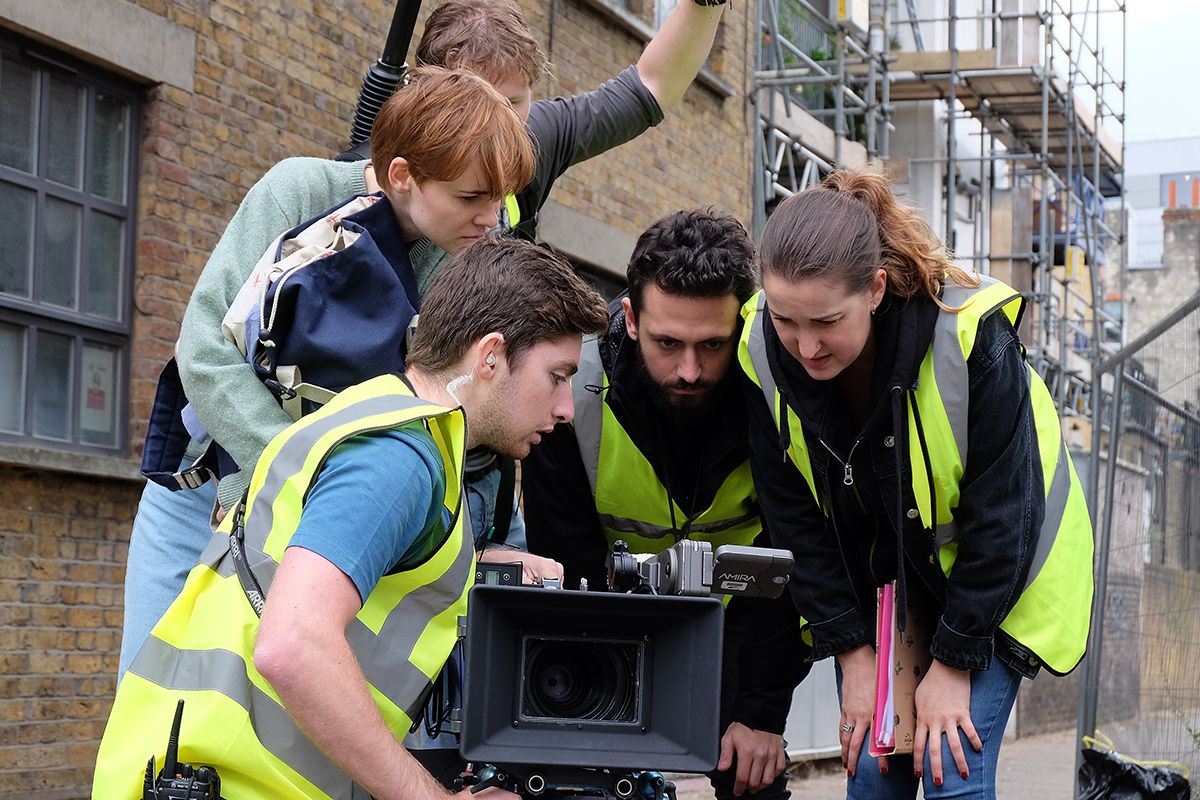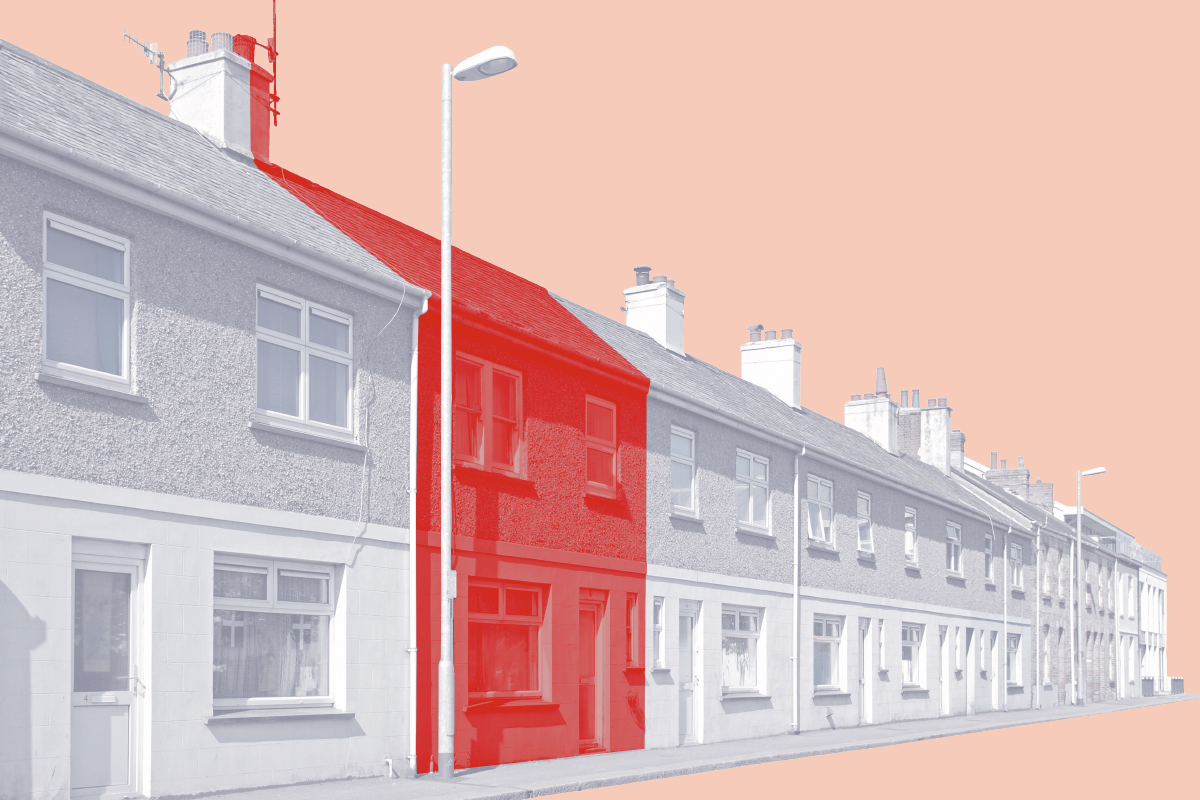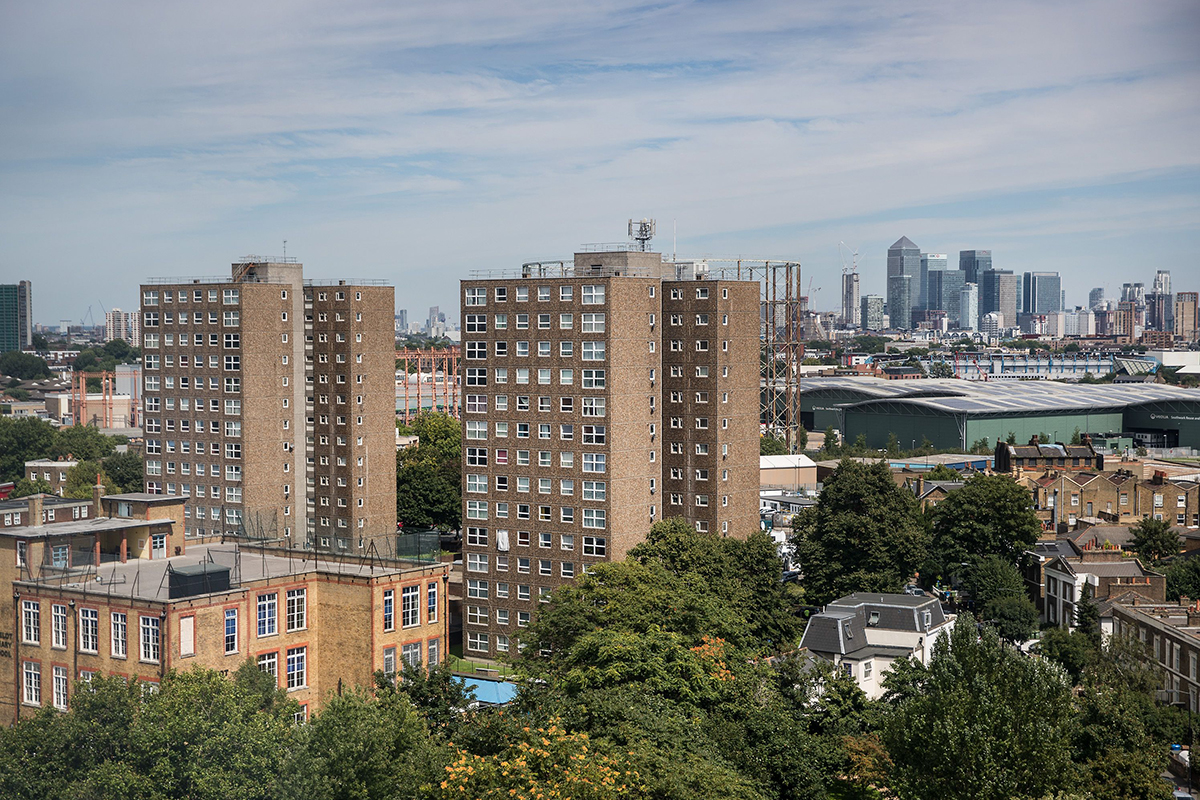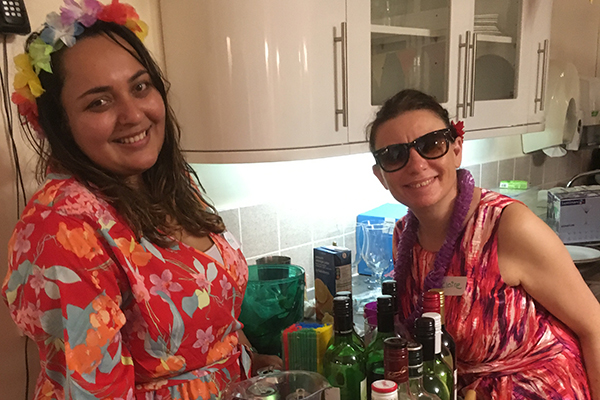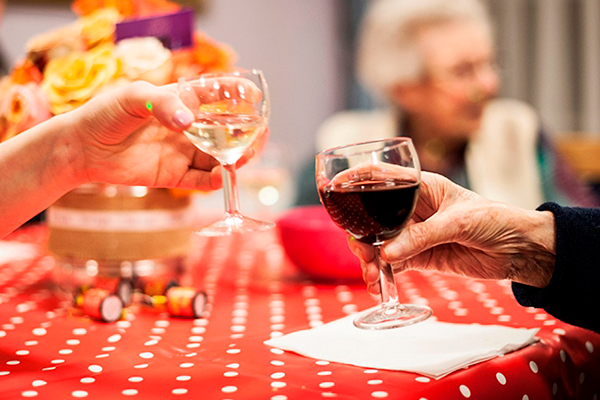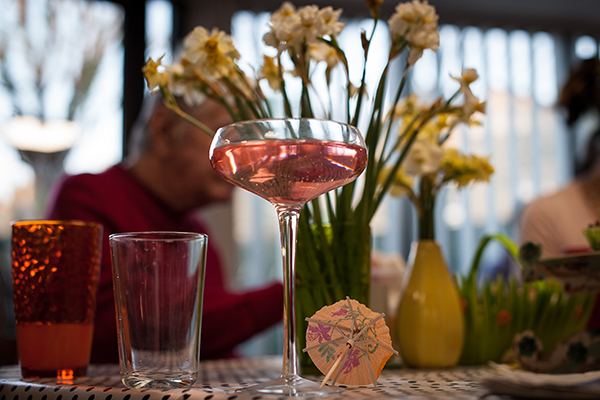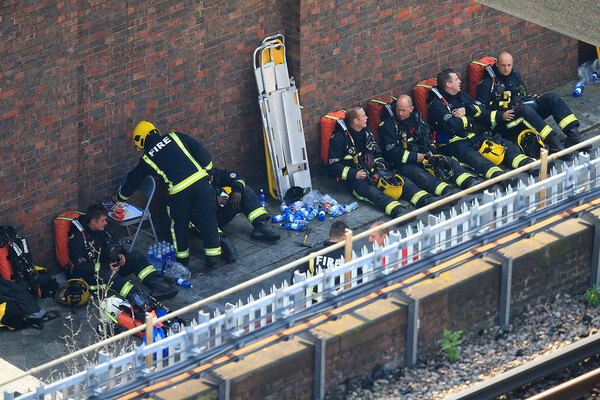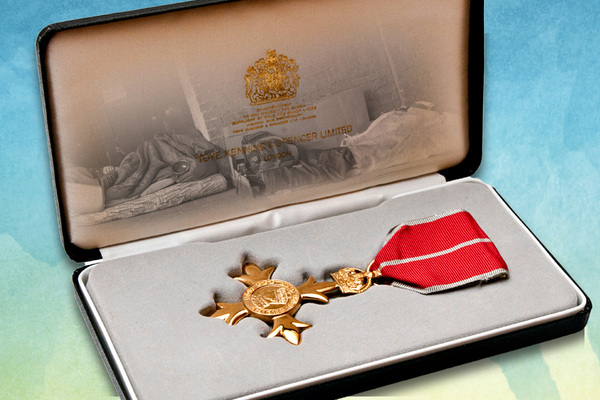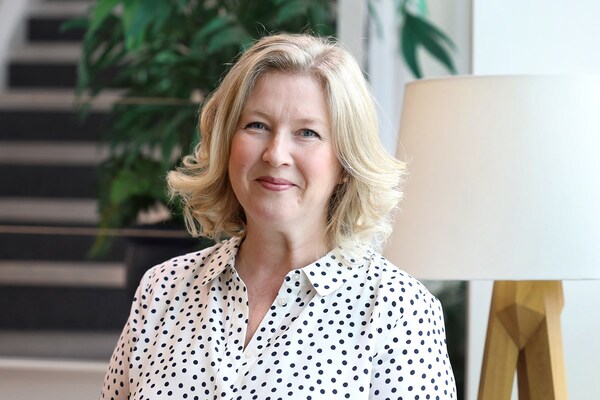You are viewing 1 of your 1 free articles
How a charity is using cocktail parties to combat loneliness among older people
Kate Youde finds out why Arts charity Magic Me is saying "cheers" to older people in care homes. Illustration by Sarah Beetson
Maria Rivas works as a personal assistant at Transport for London, but one evening a month she is “cocktail queen”, making drinks for residents of a council-run care home in Waltham Forest, east London. “It’s like going to the pub but with really cool people,” she says, mixing rum, lime juice and ginger beer to make Inside Housing the special of the night: a dark ‘n’ stormy.
Ms Rivas, 28, is a volunteer party manager for Cocktails in Care Homes, a project run by arts charity Magic Me.
The charity started hosting cocktail parties in care homes in 2010 after hearing from residents that they felt loneliest in the evenings because of a lack of activities. It now runs monthly events between September and July at 12 care homes and extra care schemes in seven London boroughs, but aims to be in 15 homes by the end of this financial year (see box below: Bringing people together).
Next year, it hopes to expand its reach outside London to a further two schemes.
Each party has a different theme. Tonight, at George Mason Lodge in Leytonstone, there is a Caribbean vibe, reflected in the rum cocktails, soundtrack and bright decorations. Multi-coloured bunting is hanging along two sides of the communal lounge, which residents enter by stepping through an arch covered with white, blue, pink, purple and peach paper flowers and fairy lights.
Ms Rivas is wearing a red dress patterned with colourful flowers. Although she has moved to Romford since she started volunteering two years ago, she still makes the one-hour journey back every month because she enjoys hearing the residents’ stories. “I get a lot of satisfaction from it,” she says.
So do the residents. Inside Housing takes a seat next to Condaisy Garcia, 64, who is in a wheelchair and has been in the home since September while she waits to be rehoused in an adapted property because her flat has too many stairs. “It’s nice when we all get together,” she says. “During the day I find it really boring because I am on my own.”
She used to drink cocktails at parties hosted by her former employer, Marks & Spencer, but tonight she is having orange juice – served with an orange cocktail umbrella and a bright pink straw – because of her diabetes.
“Some of the staff, I see them about, I know they work here, but having a party like this, that’s when I get to see them and talk to them,” adds Ms Garcia, who is wearing a pink lei around her neck.
As if on cue, four members of staff gather at the front of the room by Ms Rivas’ ‘bar’ to sing songs including Harry Belafonte’s Jamaica Farewell.
Phoebe Grudzinskas, project manager of Cocktails in Care Homes, says the parties not only provide an opportunity for volunteers – mostly younger adults – to come into a care home but also for staff and residents to get to know each other in a different way. “And there’s always space for family members to come and for residents to host them not just in their bedroom or during the day,” she says.
Watching from the sidelines is Karen Martindale, manager of George Mason Lodge, who says the parties’ effect on residents is “absolutely amazing”. “They just come alive,” she says, estimating that about half of the 39 residents attend any given party. “Although we have activities here all the time, I think [it is] the thing of outsiders, seeing different faces. I think they get bored of us staff. There are people here who come down to the cocktail party who don’t get involved in other things.”
The good feeling will carry through to the next day. “For those who can remember it, they are buzzing about it. Even for those who when they go upstairs because of their dementia they have forgotten about it, you can see at this present moment they are having a good time,” says Ms Martindale.
Residents are limited to two drinks during the hour-and-a-half party for health reasons, and staff are on hand to ensure the alcohol and nibbles are served safely, advising on medication and allergies. Any resident who can’t have something has this marked on the name badge they wear for the party.
Party managers Maria Rivas (left) and Claire Pearson ready to make cocktails for residents of George Mason Lodge in Leytonstone
Cocktails in Care Homes has an annual budget of £100,000 and is funded by individual and corporate donations, and charity grants. This year, it introduced a fee of £60 per party for care homes to pay towards the running costs, which are between £400 and £500 per party and include the charity’s staff time, alcohol, decorations and volunteer recruitment and training.
Each volunteer attends a 90-minute induction, which includes an introduction to the project and training on how to communicate with people who have dementia. There are also further quarterly training sessions, which are free to volunteers, run by dementia care specialists. “It’s a bit daunting when you come into this environment if you have not dealt with it before,” says Ms Rivas, who, as a party manager, also attended a free cocktail masterclass.
“Some of the staff, I see them about, but having a party like this, that’s when I get to talk to them.”
Cocktails in Care Homes volunteers are treated as visitors to a care home but the party managers undergo Disclosure and Barring Service checks.
Hosting Magic Me in four of its London schemes inspired Anchor to trial its own events in a further 18 homes in the South East earlier this year. “We have seen the benefit of these amazing cocktail parties and wanted to extend that outside of London,” says Andrew Seal, service delivery consultant at Anchor.
During its six-month pilot, costing £3,675, Anchor supplied participating homes with ‘cocktail toolkits’, including “everything but the alcohol”, such as glasses, shakers, measuring jugs, strainers and recipes for cocktails and mocktails – not to mention invitations and tips for appropriate music and food. The care homes paid for the ingredients for the drinks – dependent on the needs of their respective residents – from their catering budgets.
Anchor’s newest residential home, Nelson Lodge in St Neots, Cambridgeshire, opened up ‘Nelson’s Bar’ for one night in August. Following an afternoon of pampering, residents, their invited families and staff, including those not on shift, gathered for cocktails.
Jane Trimarco, manager of the home, says many residents hadn’t had a cocktail for years and can no longer go to the pub, so the party was about recreating that experience in the home.
“It was very much as if we were out at a social event,” she recalls. “Everyone made a real effort, including the staff, to look posh and feel special.”
Following the pilot’s success, Anchor is hoping to roll out the kits to all its 121 care homes by the end of 2018.
In Leytonstone, the bell is ringing for last orders. It is a familiar sound for Max Jacobs, a publican’s grandson who is holding a tumbler of whisky in his left hand and has a tall glass of Guinness waiting for him on the table to his right. Why does he enjoy the parties? “It makes a nice change,” he says.
He has spent much of the party chatting with Lesley Finlayson, 57, who started volunteering for Cocktails in Care Homes since taking early retirement a couple of years ago. She spent the day baking cakes for the party and brought along a flower arch, which was used for her neighbour’s wedding.
The pair have arranged to play chess soon – the first time they will meet outside the cocktail parties.
Ms Grudzinskas says the project not only benefits care homes by helping them provide a variety of activities, which is good for Care Quality Commission ratings, but also boosts volunteering: the charity mediates for some people who volunteer through its project to volunteer outside of it, at a care home.
The parties also allow staff to “relax and relinquish control” so they can chat to residents. “It’s breaking down that barrier between service user and service giver,” she says.
As we talk, volunteers are clearing up after the party, taking down decorations and returning blue-tailed budgie Oscar, in his cage, from the corridor to his usual home in the corner of the lounge.
The last party-goer, sitting enjoying a glass of red wine, is David Denton. He has not missed a party in his two years at the home. “They are very relaxing, nobody bullies you into doing anything. The way we all get together, it creates good relationships,” he says.
He finishes his drink and heads out of the lounge, calling “good night, Oscar!”.
Bringing people together
Magic Me has hosted cocktail parties at Roseberry Mansions, a One Housing extra care scheme in Camden, since September.
Residents from the 16,000-home association’s nearby Esther Randall Court are also invited.
Nuala Foley, director of healthcare and support at One Housing, says the project “ticks boxes” by being social and intergenerational, and by tackling loneliness. Many residents do not have friends or family nearby.
“We are really keen to get other organisations and people coming into our services,” she says. “It’s also part of the offer to provide events and something different and move away from the image of how people might typically see care or living in an extra care scheme.
“People view events as coffee mornings or lunch clubs and don’t see that older people still want to have a party, dress up, have a good time and have a drink socially. Why do we think that has to suffer as you get older or have care needs or vulnerability?”
The landlord is looking to work with Cocktails in Care Homes in other London boroughs and is keen to run its own parties in its Essex services.
